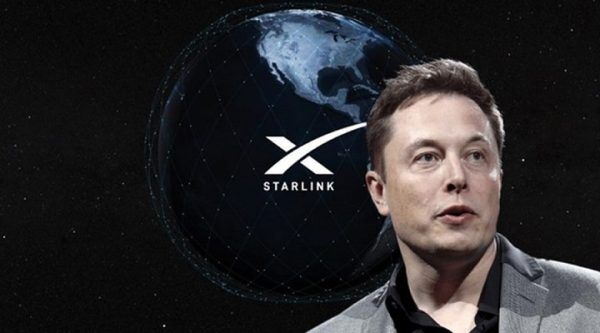Elon Musk, CEO of Starlink, has hinted at a global rollout of its direct-to-mobile internet service across countries where it operates. This announcement follows SpaceX’s launch of 42 new satellites, including 26 with direct-to-cell capabilities. According to Starlink engineer Ben Longmier, this latest launch brings the total number of satellites deployed under the company’s Direct-to-Cell program to 168.
Musk said in a post on X (formerly Twitter) that the company will collaborate with network carriers in each country where Starlink is active to implement the service across different countries.
Starlink’s Expansion and Plans
Starlink launched its satellite internet service in Nigeria in January 2023—the first African country to receive it—and most recently expanded to Botswana. Starlink is now operating in 15 African countries and 105 countries worldwide.
Currently, the Starlink direct-to-mobile internet service is offered exclusively in partnership with T-Mobile in the U.S. for the first year, with plans to onboard other carriers later. “We are starting off working with one carrier in each country, but ultimately hope to serve all carriers,” Musk stated.
With the new satellites, Starlink aims to provide global access to communication services, including texting, calling, and browsing, wherever users may be, whether on land, lakes, or coastal waters. The company noted that its “Direct to Cell” technology will work with existing LTE phones, requiring no changes to hardware, firmware, or special apps, ensuring seamless access to text, voice, and data services.
What You Should Know About Starlink’s Direct-to-Mobile Service
Starlink initially announced plans for a direct-to-mobile internet service in October 2023. It will start with texting services in 2024 and then voice, data, and IoT services in 2025. The company successfully sent and received its first text messages using the T-Mobile network spectrum on January 8, 2024, via one of its new direct-to-cell satellites launched earlier that month.
Starlink has clarified that customers will not need to change their phones, as the service will be compatible with current 4G-enabled devices. While Musk has downplayed the possibility of direct competition with terrestrial mobile network operators, companies like MTN, Airtel, Globacom, and others could likely lose some customers once voice and data services are available via satellite.
However, MTN, the largest telecommunications operator in Nigeria, is already positioning itself to collaborate with Starlink to benefit from its satellite services. MTN Group recently announced it was in talks with Starlink to expand its services to unserved areas across its operating markets.











